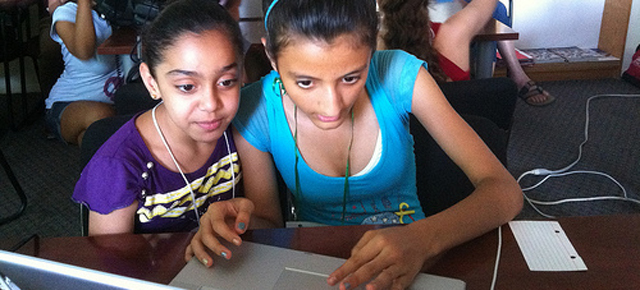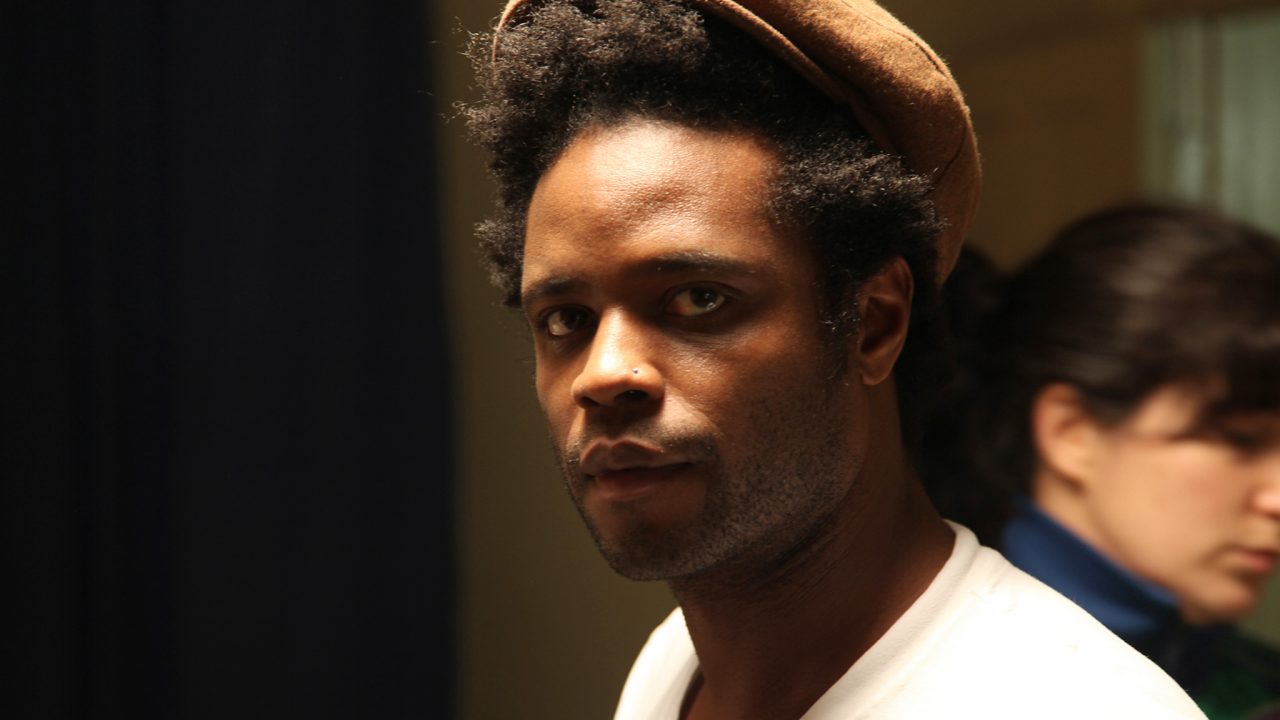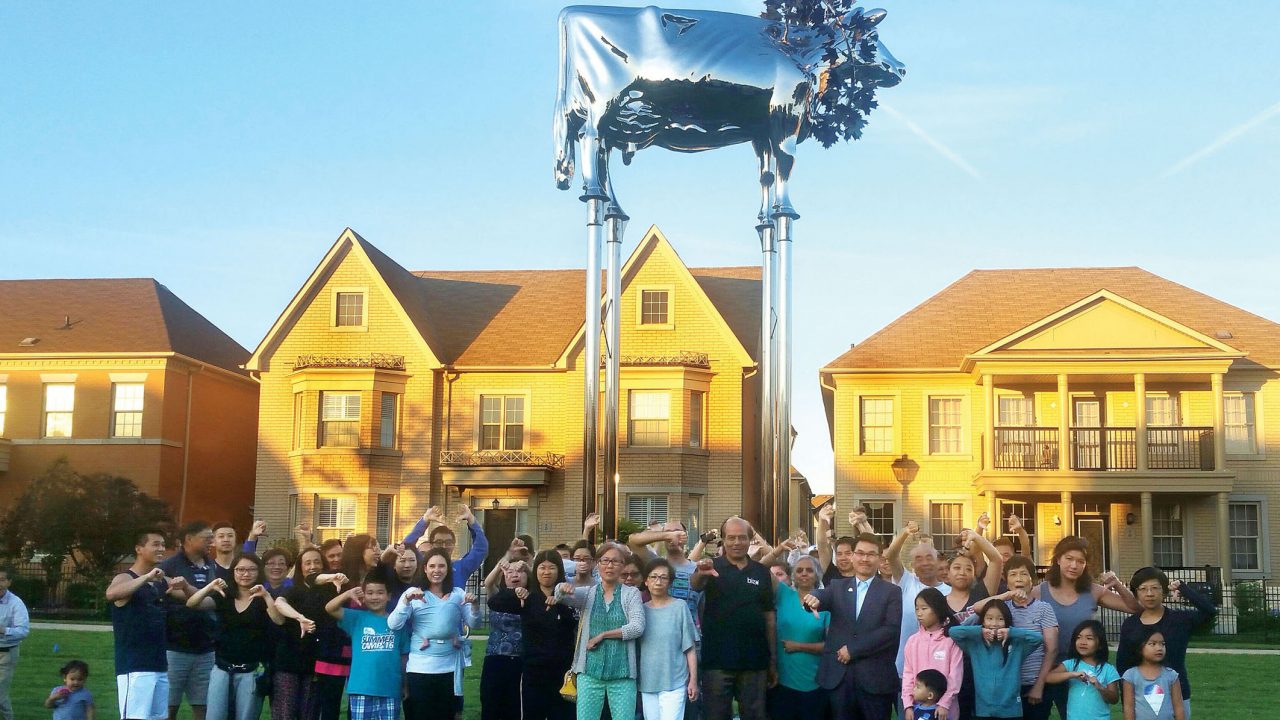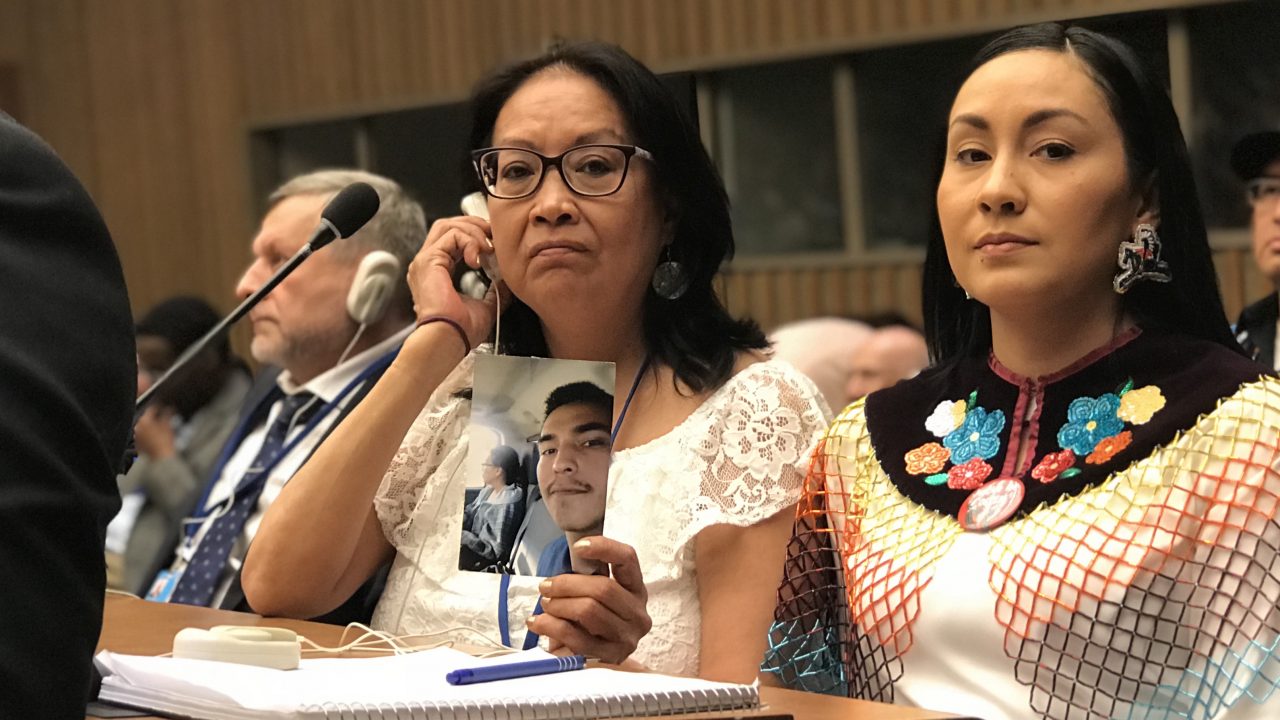
Girls Learning Code at HIGHRISE
Girls Learning Code at HIGHRISE
*This is a guest post by Kat Cizek, creator of HIGHRISE, a multi-year, multi-platform documentary about vertical living in the global suburbs. Find the original – and much more – on the HIGHRISE blog.
—
It’s the Next-Gen participatory media project at HIGHRISE: girls learning computer code. They’re building websites and telling their own stories. It’s future web-developers in the making, on site at the Kipling Highrise in suburban Toronto.
“It’s so easy to learn code!” exclaims Janever, 10, as she learns how to change the picture and background colour on her website.
It wasn’t so easy, though, to convince parents to let the girls come to the pilot workshop in the first place. When Heather Frise, HIGHRISE Community Media Coordinator, set out to find girls to sign up, the kids in the lobby were super enthusiastic. But when she went up to their apartment doors to speak with their families, the parents were reticent. Many speak little English, many are very new to Canada, some even asked why the workshop wasn’t for boys. The stereotype that computer coding is reserved for boys is as pervasive here as anywhere else .
The 13 girls and their families are mostly recent immigrants, from Nigeria, Pakistan, Jamaica, Somalia and Iraq. Two girls have only been here a month; they’ve just arrived from Iraqi refugee camps in Syria. Their friends help to translate, and they soaked it all in.
The workshop is lead by a young woman, Heather Payne of a non-profit called Girls Learning Code. I met Heather through the Mozilla Foundation, who has hired her and others like her to build a new generation of webmakers around the planet. This summer, they’re encouraging people around the world to run Kitchen Code Parties of their own. We thought it would be great to do so at the HIGHRISE highrise too, where we’ve worked with adults for almost 3 years now with such participatory photography an storytelling projects such as One Millionth Tower.
We also knew we needed to work with the youth at this building when our Digital Citizenship Survey showed us last year that a whopping 50% of the population at this highrise is under 20 years of age. That’s a lot of kids with not much to do all summer long.
“We know that if we advertise the workshop for both boys and girls,” Heather explains to me, “Only boys will show up. So making the group open only for girls ensures girls make it to the keyboard.”
“I was so excited to hear about this workshop,” says one girl, “Because all we do all summer long is stay in our apartment and clean.” The needs of the kids are high, and so few services exist in highrise neighbourhoods such as this.
“I really do see a difference here from the workshops we’ve run downtown,” notes Heather Payne, on a quick break from teaching HTML, CSS and Python to the girls. “There are so many obstacles in just getting to this neighbourhood. Getting up here takes over an hour, bringing the equipment, and then the girls have their own obstacles too: language barriers, cultural barriers, lack of access to computers, and just being so new to so many of the things we teach in this workshop.”
She adds though, that their enthusiasm is the same. “Everyone loves learning how to make a website!”
Several of the girls from this highrise will join Heather’s team and 40 other girls downtown later this summer for a whole week of coding summer camp, thanks to scholarships offered by Girls Learning Code, and Mozilla.
Heather and her team of volunteer instructors at Girls Learning Code are aiming to change the face and culture of future webmakers, so often engendered as a boy’s club. The stereotypical image of young men, hunched over laptops hacking away in darkened rooms, playing video games continues to dominate the cultural understanding of webmaking. It’s a big battle. The rate of women in computing in Canada has actually gone down. In the last ten years, the share of women in high-tech jobs, including software development and electrical engineering, has dropped from 25.6% to 23.9%, according to a FINS.com analysis of Labor Department data.
Teaching kids to code is not just about of training a new professional sector of technology workers, as important as that is. Coding is becoming a “fourth literacy” – a basic skill set we all need to be active and engaged citizens in the 21st century.
That’s why HIGHRISE will continue learning more from the youth about Digital Citizenship here in Toronto and other sites in the world. Together with our academic partner Dr. Deborah Cowen, we’re thrilled to announce that HIGHRISE is the recipient of an academic grant to continue our work on understanding the invisible digital lives of highrise residents around the world.
And there lot’s more exciting news to come as HIGHRISE heats up again in 2012!
***
Thanks to Action for Neighbourhood Change-Rexdale, Microskills, United Way, Albion Boys and Girls Club, and Mozilla Foundation for their support on this project get girls at Kipling to code.



